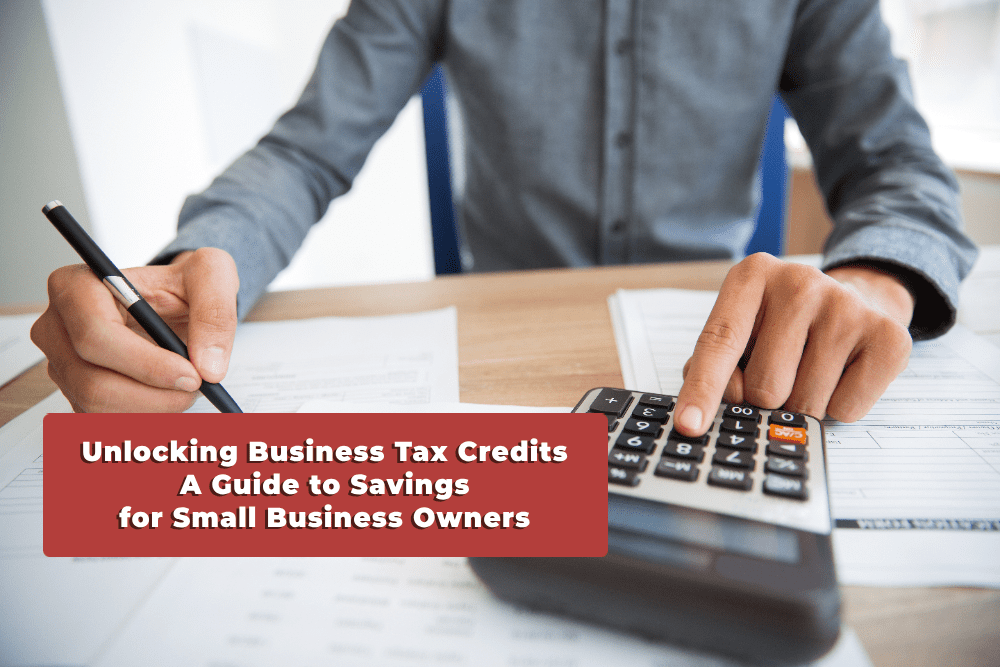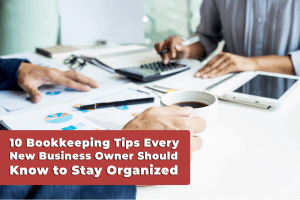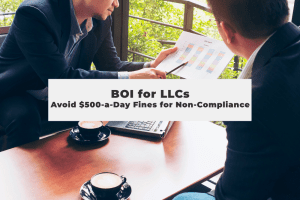Navigating the world of business taxes can feel overwhelming, especially for small business owners. But there’s good news! Tax credits are a powerful tool to reduce your tax bill, leaving more money for your business’s growth. This guide will help you in Understanding Business Tax Credits—what they are, how they work, and how to claim them.
Let’s explore how these credits can make a significant difference for your small business.
What Are Business Tax Credits?
Business tax credits reduce the amount of taxes you owe. Unlike deductions, which lower your taxable income, tax credits provide a dollar-for-dollar reduction in your tax bill. For example, if you owe $10,000 in taxes and qualify for a $2,000 tax credit, your bill drops to $8,000.
Some credits are non-refundable, meaning they can reduce your taxes to zero but won’t result in a refund. Others are refundable, which can result in a payment from the IRS if your credit exceeds your tax liability.
Types of Tax Credits for Small Businesses
Understanding the different types of tax credits available is the first step to maximizing savings.
1. Research and Development (R&D) Tax Credit
If your business invests in innovation, developing new products, or improving existing processes, you may qualify for the R&D tax credit.
- Who qualifies? Businesses of all sizes, including startups.
- What’s covered? Wages for R&D employees, supplies used in research, and more.
You can check the IRS Form 6765 for claiming the R&D credit.
2. Work Opportunity Tax Credit (WOTC)
This credit encourages businesses to hire individuals from targeted groups, such as veterans, long-term unemployed individuals, or those receiving government assistance.
- Who qualifies? Employers who hire eligible workers.
- What’s covered? A percentage of the employee’s wages for the first year of employment.
3. Energy Efficiency Tax Credits
Small businesses investing in energy-efficient equipment or renewable energy sources like solar panels may qualify for these credits.
- Who qualifies? Businesses that improve energy efficiency or use renewable energy.
- What’s covered? Installation of solar panels, energy-efficient HVAC systems, and more.
4. Disabled Access Credit
If your business incurs expenses to make your facility accessible to individuals with disabilities, this credit can help offset costs.
- Who qualifies? Small businesses with gross receipts under $1 million or fewer than 30 employees.
- What’s covered? Costs of removing barriers, providing auxiliary aids, or modifying equipment.
How to Claim Business Tax Credits
1. Identify Eligible Credits
Start by researching tax credits available to your business. Consult a tax professional if you’re unsure about eligibility.
2. Gather Documentation
Keep detailed records of all expenses related to the credits you’re claiming, including receipts, contracts, and payroll records.
3. Complete the Right Forms
Each tax credit has its own IRS form. For example:
4. File Your Claim
Submit the necessary forms when filing your tax return.
You may also like to read:
Maximizing R&D Tax Credits for Small Businesses Across Industries
Maximizing R&D tax credits can provide substantial benefits for businesses investing in innovation. These government incentives are designed to offset costs related to R&D activities, potentially reducing…
Read More

Common Mistakes to Avoid
- Not Knowing What’s Available
Many small business owners miss out on tax credits simply because they’re unaware of them. - Poor Record-Keeping
Without proper documentation, you may not be able to claim a credit, even if you qualify. - Assuming You Don’t Qualify
Even small businesses and startups can qualify for significant credits.
Maximizing Tax Credits with Professional Help
Tax laws are complex, and credits often come with strict eligibility rules. A tax professional can help you:
- Identify which credits apply to your business.
- Ensure accurate documentation and filing.
- Avoid costly mistakes.
Conclusion
Tax credits can be a game-changer for small businesses. By Understanding Business Tax Credits, you can significantly reduce your tax liability and invest more in your business’s growth. Don’t leave money on the table—explore the credits available to you, and consult with a tax professional to maximize your savings.




